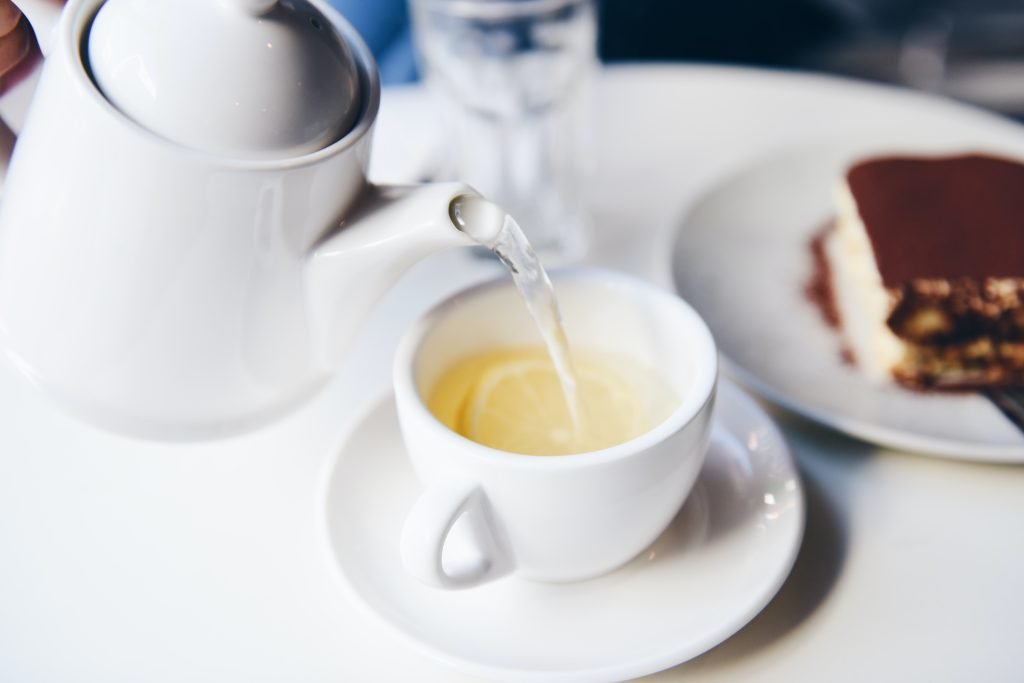Tea has held its ground as a beloved beverage for centuries celebrated not only for its delightful flavors but also for its myriad health benefits. Beyond being a taste sensation, tea can serve as a potent ally in addressing dehydration—a prevalent issue that affects individuals of all ages.
Dehydration occurs when the body loses more fluids than it takes in, giving rise to a host of health concerns. In this article, we will delve into how tea can serve as an efficacious and pleasurable solution for dehydration, exploring various types of tea that can aid in rehydrating your body effectively.
Deciphering Dehydration
Before we dive into the rehydrating potential of tea, it is imperative to grasp the concept of dehydration, its assorted triggers, and the telltale signs it manifests. Dehydration manifests when the body loses more fluids than it absorbs, typically arising from the following circumstances:
- Inadequate Fluid Intake: One of the primary culprits behind dehydration is not consuming an adequate amount of water throughout the day. A hectic schedule, distractions, or mere forgetfulness can lead to this issue.
- Excessive Fluid Loss: Activities that induce profuse sweating, such as intense exercise, sweltering weather conditions, or ailments like fever and vomiting, can trigger excessive fluid loss.
- Diuretic Substances: The consumption of diuretic substances like caffeine and alcohol can elevate urine production, contributing to dehydration.

Dehydration manifests through an array of symptoms, ranging from mild to severe, including:
- Thirst
- Dry mouth and parched skin
- Dark-colored urine
- Fatigue
- Dizziness or lightheadedness
- Elevated heart rate
- Sunken eyes
- Cool and dry extremities
- Cognitive confusion or irritability
It is imperative to address dehydration promptly, as severe cases can lead to grave conditions such as heatstroke, kidney dysfunction, and life-threatening complications. Now, let’s explore how tea can come to the rescue in the battle against dehydration.
The Hydrating Power of Tea
Tea does not merely offer an array of flavors; it also serves as an efficacious medium for rehydration. Here’s how tea helps combat dehydration:
- Fluid Content: The foremost benefit of tea lies in its fluid content. Tea primarily comprises water, thereby replenishing the body’s lost fluids and aiding in the restoration of its natural equilibrium.
- Electrolytes: Certain types of tea, such as herbal teas, house essential electrolytes such as potassium and sodium. These electrolytes are critical for sustaining the body’s fluid balance and can contribute significantly to rehydration.
- Herbal Elixirs: Herbal teas, in particular, present a broad spectrum of rehydration advantages. For instance, chamomile boasts anti-inflammatory properties, making it adept at soothing an irritated throat. Peppermint tea can alleviate nausea, often associated with dehydration. Ginger tea promotes digestion, facilitating the absorption of fluids and nutrients by the body.
- Mild Diuretic Effect: While some teas, like black and green tea, contain caffeine, their diuretic effect is notably milder than that of coffee. Moderate caffeine consumption may lead to increased urine production, but it does not hinder rehydration due to the substantial fluid content in tea.
Varieties of Tea for Dehydration
A plethora of tea varieties can aid in the battle against dehydration, each offering a distinct set of advantages:
- Herbal Teas: Herbal teas are caffeine-free and renowned for their soothing properties. Ideal options include chamomile, peppermint, ginger, and hibiscus tea.
- Green Tea: Green tea is low in caffeine and teeming with antioxidants. It aids in rehydration while conferring additional health benefits, including enhanced metabolism and cardiovascular well-being.
- White Tea: White tea boasts even lower caffeine content than green tea, presenting a delicate flavor profile. It contains antioxidants that can help mend cellular damage while enhancing overall health.
- Rooibos Tea: Rooibos, also known as red tea, is caffeine-free by nature and packed with antioxidants. It features a sweet, nutty flavor, making it an excellent choice for rehydration.

Best Practices for Leveraging Tea as a Rehydration Tool
To harness tea as an effective rehydration tool, consider these best practices:
- Consistent Hydration: Ingrain the habit of regularly drinking tea, accompanied by ample water intake, to ensure sustained hydration.
- Moderate Caffeine Intake: While tea has less caffeine than coffee, it is advisable to exercise caution and restrict caffeine consumption, particularly if you are predisposed to dehydration.
- Evening Herbal Teas: Opt for caffeine-free herbal teas during evening hours to facilitate fluid replenishment without compromising sleep quality.
- Flavor Exploration: Embark on a culinary journey to discover various tea flavors that resonate with your palate, making tea an easily integrated component of your daily routine.
Conclusion
Tea, far from being solely an indulgence for the taste buds, assumes the role of a potent hydration ally. Whether your preference leans toward herbal teas, green teas, or other enticing varieties, tea stands as a delicious and efficacious means of rehydrating your body.
Armed with a comprehensive understanding of dehydration’s causes and symptoms, along with a consistent incorporation of tea into your daily regimen, you can stave off dehydration and foster overall health.
The next time you experience thirst or sense the signs of dehydration looming, reach for a cup of tea and sip your way to enhanced well-being.
MEDICAL DISCLAIMER
Hummingbirdtearoom.com cannot and does not contain medical/health advice. The medical/health information is provided for general and educational purposes only and is not a substitute for professional advice.


